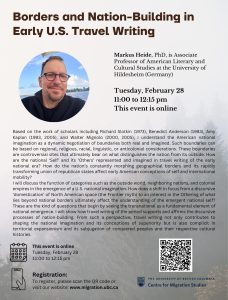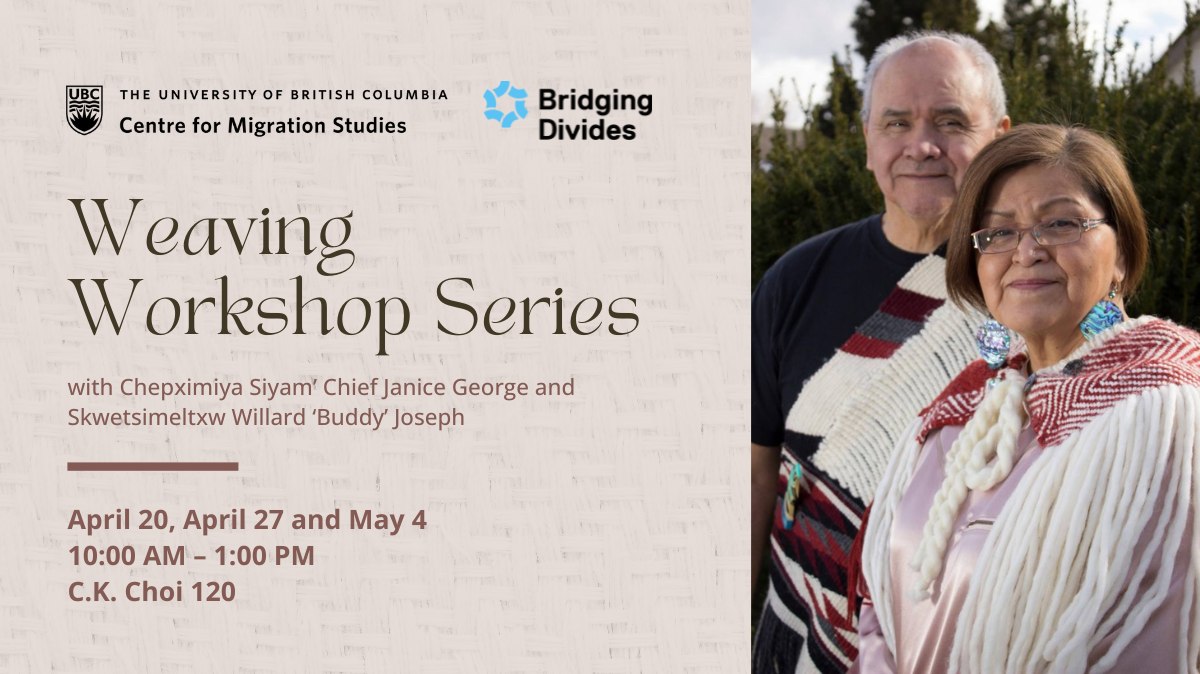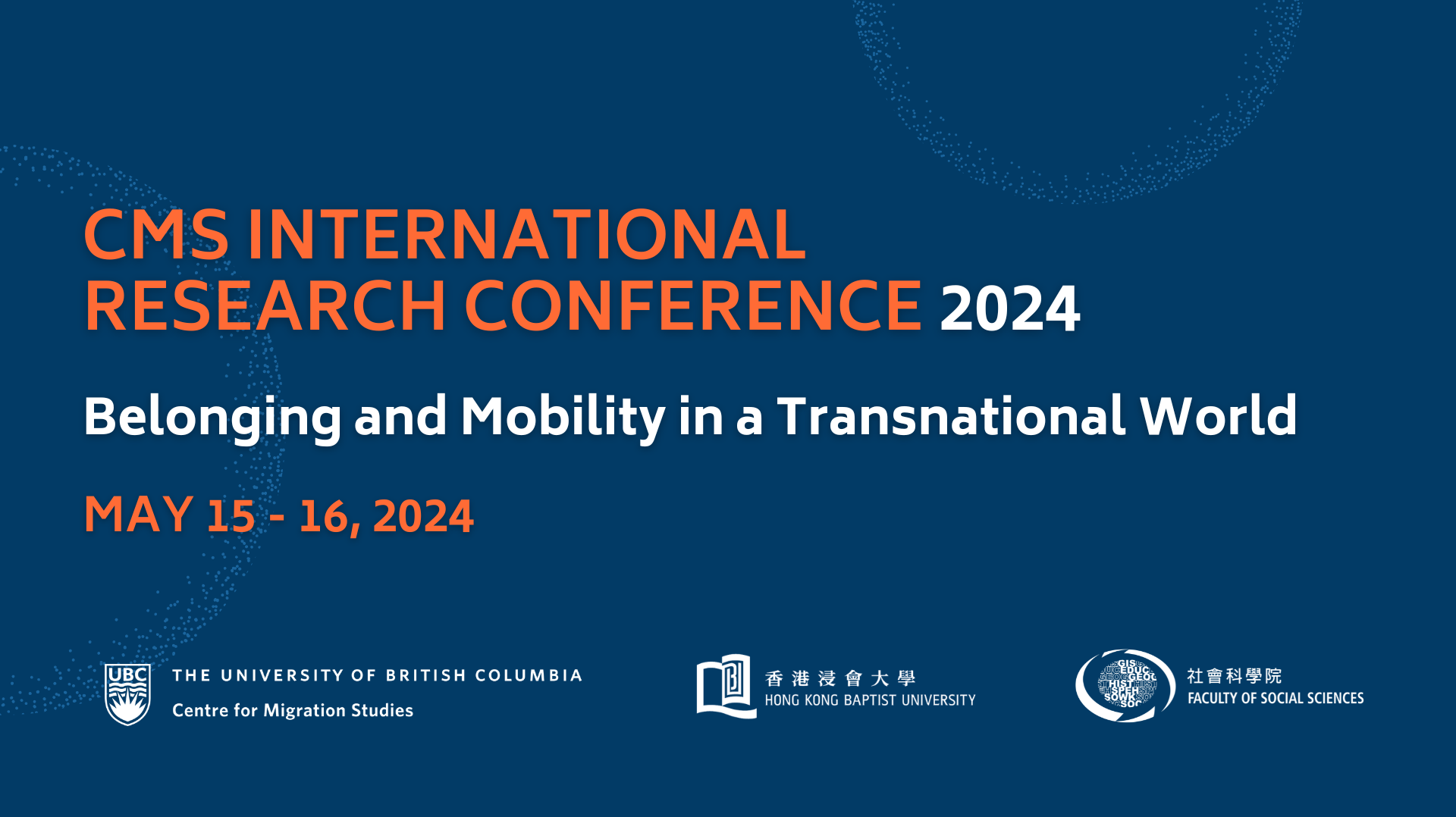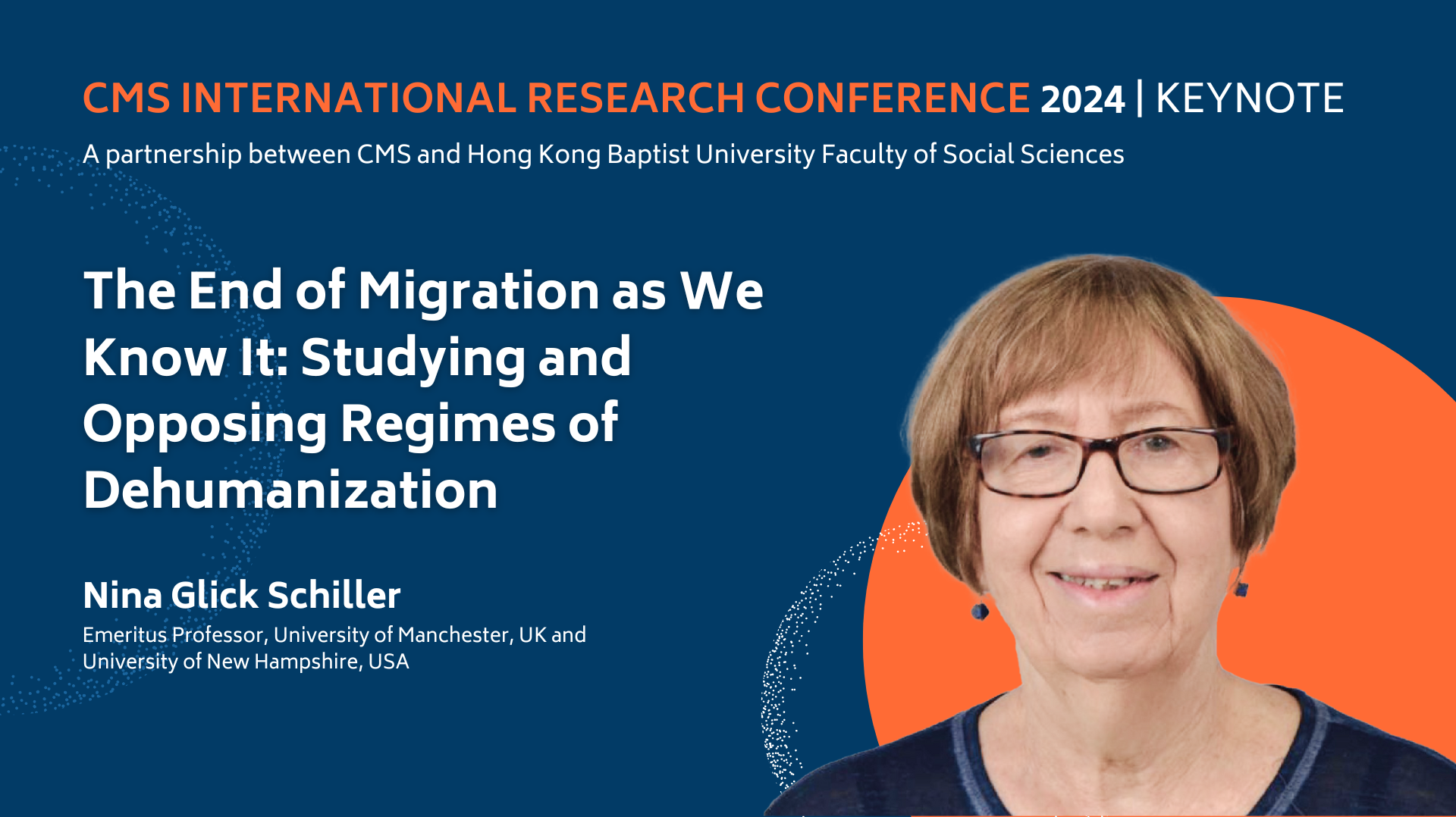This event is canceled, we are working on rearranging the event and hope to have an update shortly.


Speaker bio
Markus Heide, PhD, is Associate Professor of American Literary and Cultural Studies at the University of Hildesheim (Germany) and an affiliated researcher at the Swedish Institute for North American Studies (SINAS) at Uppsala University. He published articles and monographs on U.S., Canadian, and Mexican literature, film, and cultural history. His recent research has been in comparative border studies. In 2018 he was a research fellow at the Center for Iberian and Latin American Studies (CILAS) at UC San Diego, doing research and fieldwork for his project on The US-Mexico Borderlands as Contested Space: Film, Art, and Popular Culture. As part of this project, he recently published the article “Populism and the Politics of the Media Spectacle in the US: The Imagery of the US-Mexico Border” in Populism, Democracy, and the Humanities: Interdisciplinary Explorations and Critical Inquiries (Eds. Iulian Cananau and Peder Thalén. Lanham: Rowman &Littlefield, 2022). In 2022 his monograph Framing the Nation, Claiming the Hemisphere: Transnational Imagination in Early American Travel Writing (1770-1830) was published by Stockholm University Press. He coordinated and contributed to several international research projects.
Abstract
Based on the work of scholars including Richard Slotkin (1973), Benedict Anderson (1983), Amy Kaplan (1993, 2005), and Walter Mignolo (2000, 2005), I understand the American national imagination as a dynamic negotiation of boundaries both real and imagined. Such boundaries can be based on regional, religious, racial, linguistic, or anticolonial considerations. These boundaries are controversial sites that ultimately bear on what distinguishes the nation from its outside. How are the national ‘Self’ and its ‘Others’ represented and imagined in travel writing of the early national era? How do the nation’s constantly morphing geographical borders and its rapidly transforming union of republican states affect early American conceptions of self and international mobility?
I will discuss the function of categories such as the outside world, neighboring nations, and colonial empires in the emergence of a U.S. national imagination. How does a shift in focus from a discursive ‘domestication’ of North American space (the Frontier myth) to an interest in the Othering of what lies beyond national borders ultimately affect the understanding of the emergent national self? These are the kind of questions that begin by seeing the transnational as a fundamental element of national emergence. I will show how travel writing of the period supports and affirms the discursive processes of nation-building. From such a perspective, travel writing not only contributes to shaping the national imagination and its conceptions of superiority but is also complicit in territorial expansionism and its subjugation of conquered peoples and their respective cultural histories.


